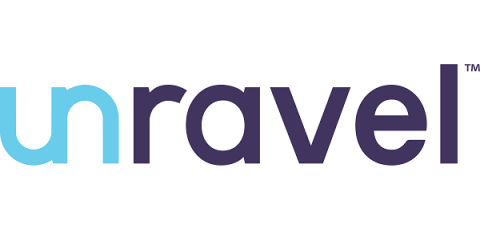OWASP AI Security Project: Top 10 LLM Vulnerabilities Guide
Artificial intelligence (AI) is kind of a big deal. And when things are a big deal, they're ripe to be exploited. Fortunately, mounting concerns about AI security and privacy are met by plenty of guidance on best practices from the good folks in the open source world. The OWASP AI Security Project has emerged as a crucial initiative, offering developers clear, actionable guidance on designing, creating, testing, and procuring secure and privacy-preserving AI systems.











